There has often been a debate on whether ghee is good for health or not. Well guess what? Ghee is often blamed for heart disease, actually has no debilitating effect on cardiac health, provided the fat intake is limited to the prescribed amount. In fact ghee has many cancer-fighting properties that have been proven in studies and research conducted in India and abroad.
Ghee is a powerful agent with protective elements to fight cancer. A powerful compound called conjugated linoleic acid (CLA), CLA found in ghee acts as an antioxidant. Ghee helps bring down inflammatory compounds and makes cancer cells to self-destruct (a process known as apoptosis).
Conjugated linoleic acid or CLA is higher in milk products that are made of milk produced by grass-fed cows. And that is why when you choose butter to make ghee, it is advisable that the butter is coming from milk of grass-fed cows. As per studies, ghee made from grass-fed cow butter, is higher in CLA and reduces inflammation, and lowers body fat.
Study on effects of ghee on cancer cells
As per a study published in the Journal of Nutrition, the fatty acids in ghee enhance the anti-tumor effects of CLA. This was a study conducted on mice implanted with breast cancer cells. One group of mice were fed a diet with a high level of corn oil, the second group received standard food in addition to CLA, and one final group received CLA combined with ghee.
As per the findings, the group which consumed ghee in addition to CLA had far fewer areas where cancer had taken hold (metastases). The ghee also brought down the amount of level of CLA to a level that was necessary to have an effect. In effect, ghee enhanced the beneficial cancer-fighting effects of CLA.
Apart from CLA, ghee is also a great source of butyric acid; a short chain fatty acid that is good for our gut. Butyric acid antiviral and anti-cancer properties and also aids in prevention and treatment of Alzheimer’s.

Ghee enhances enzymes that detoxify cancer causing substances
In a recent issue of the Indian Journal of Medical Research, scientists from the National Dairy Research Institute (NDRI) have reported that cow ghee enhances the availability of those enzymes that contribute to detoxification of cancer-causing substances. Ghee also reduces availability of those enzymes that are known to activate carcinogens. However that does not mean that you can go overboard in your consumption of ghee. You must take care that the intake of total fat (including ghee) should not exceed the prescribed limit of fat consumption.
Omega-3 Fatty Acids May Aid Improve Treatment and Quality of Life In Cancer Patients
A new study by researchers at the University Hospitals of Leicester in the United Kingdom has shown that adding omega-3 fatty acids to anti-tumor medications can improve treatment response for cancer patients.
In this study patients with advanced pancreatic cancer patients were given 100 g of omega-3 rich lipid emulsion for three weeks followed by a rest week. This was continued for up to six cycles. It was found that there was evidence of activity in response and disease stabilization rates and a reduction in liver metastasis volume.
Now ghee is a rich source of omega 3 and omega 9 fatty acids. When ghee is prepared from pure butter made of milk of grass-fed cows through traditional methods, it contains a higher amount of Omega-3 long chain polyunsaturated fatty acids. Apart from acting as a cancer fighting agent, these fatty acids are a major component of retinal and brain tissues.
So we need to understand the value of our traditional foods as they have life enhancing qualities. Ghee, made of pure butter, is a proven ayurvedic superfood that can help fight cancer. Go ahead and add the protection of ghee to your food.
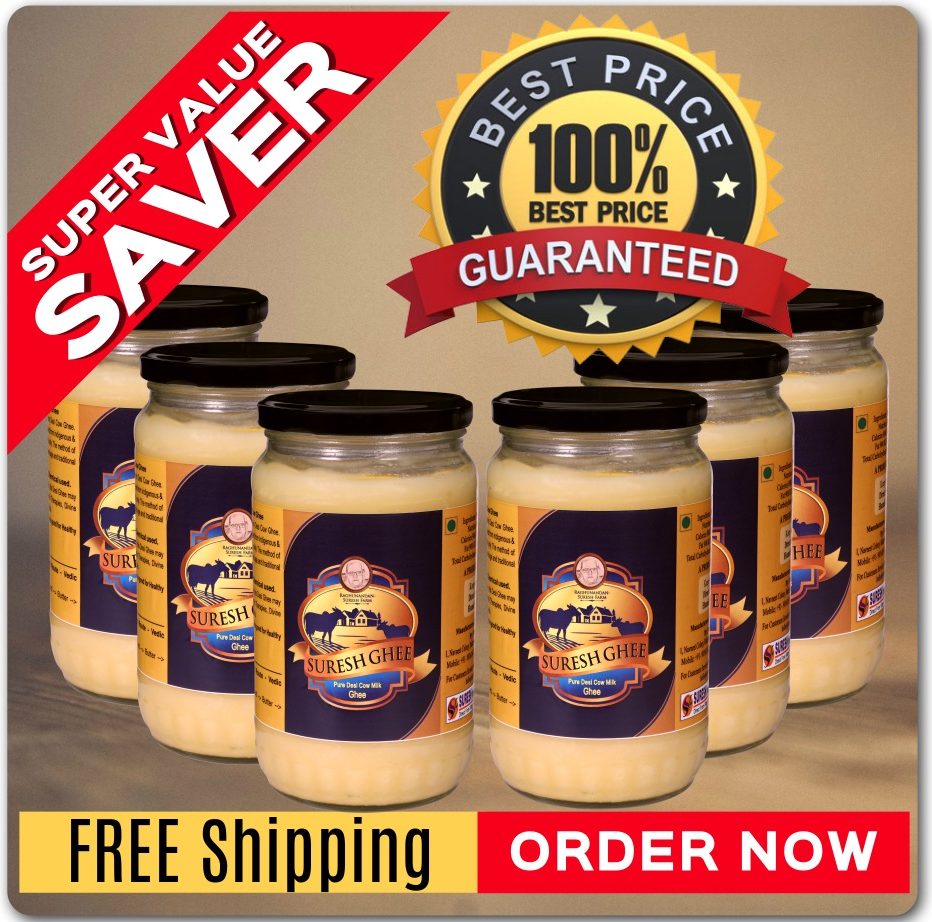
Buy Pure Desi Cow Ghee Online : Order Now. Free Shipping

Researchers have deciphered the mechanism of cow ghee protective properties.
‘Feeding cow ghee decreased the expression of genes responsible for cell proliferation and raised regulated genes responsible for cell apoptosis’, explained Dr Vinod Kansal, who led the research team.
One probable factor in ghee is the presence of CLA (conjugated linoleic acid), which is known to possess beneficial properties. Ghee is a rich natural source of CLA (conjugated linoleic acid), whereas, vegetable oils lack this particular fatty acid. Most vegetable oils contain unsaturated fatty acid as well as linoleic acid – which is considered pro-carcinogenic as it forms free radicals known to damage DNA.
Dr. Kansal said ‘Ghee poses no danger to cardiovascular health as long as the total fat intake remains restricted to the prescribed limit.’
Moreover, ghee improves blood HDL (High-density lipoprotein) level, which is good for heart, he added. The researcher said, I have serious reservation about doctors prescribing vegetable oil brands with highly unsaturated fat which is pro-carcinogenic.
Read our blog – Why The Pure Desi Cow Milk Ghee Is Costlier Than Normal Ghee?
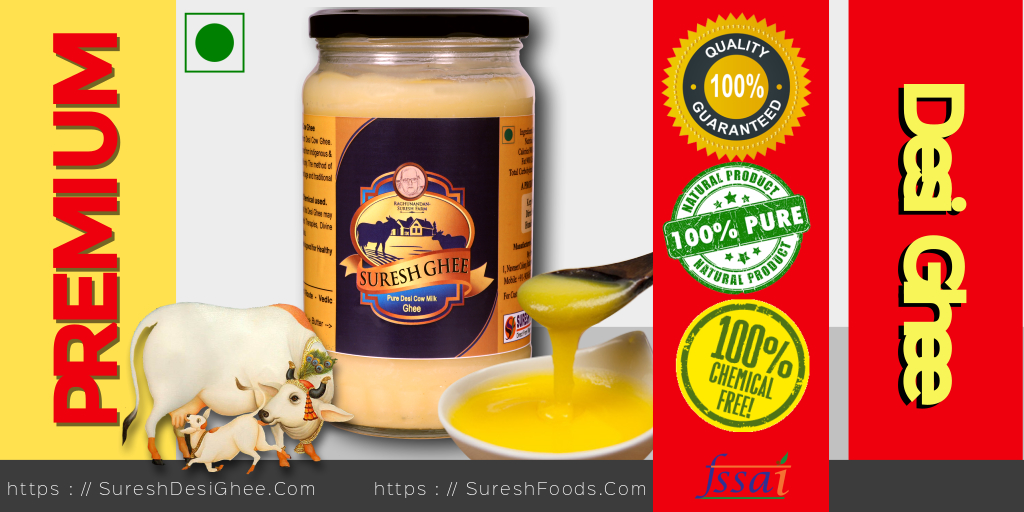
Buy Pure Desi Cow Ghee Online : Order Now. Free Shipping
Read our blog- GHEE- A GOLDMINE OF NUTRIENTS FOR SKIN
Ways to Use Ghee
Ghee is excellent for cooking and sautéing. Because it has a high smoke point and thus doesn’t create carcinogenic free radicals when brought to a high heat. This means it is one of the safest oils to cook with (along with coconut oil and butter).
You can also try these ways to use desi ghee.
- Spread it on toast instead of butter.
- Melt over steamed vegetables, potatoes, or rice.
- Add a teaspoon of desi ghee to your hot breakfast cereal.
- Add desi ghee to your coffee—sounds strange, but it’s delicious.
- Sauté your culinary spices in desi ghee and add to soups, stews and kitchari.
How Much Ghee To Eat
Healthy people should have 3 teaspoons (15g/1 tablespoon) of desi ghee per day to get all the benefits. Preferably one teaspoon of cow ghee, three times a day will do the job. Ghee consists ‘entirely’ of fat. Even though it might be a ; healthy’ saturated fat, it is not healthy to eat it in large amounts.
FAQ
What does ghee’s omega 3 fatty acids do to cancer ?
According to research, adding omega-3 fatty acids along with anti-tumor medications can contribute to the treatment in cancer patients. As ghee proves to be an excellent source of omega 3 and omega 9 fatty acids. Once ghee is produced from pure butter made of milk of grass-fed cows following traditional methods, it consists of an abundant amount of Omega-3 long chain polyunsaturated fatty acids. Besides acting as a cancer combating agent, these fatty acids are a pivotal component of retinal and brain tissues.
Ghee does ghee help in detoxifying cancer causing cells ?
Consumption of cow ghee improves the availability of those enzymes that support in detoxification of cancer-causing substances. The intake of Ghee tends to reduce the availability of all those enzymes that have shown to trigger carcinogens. Although, that does not imply that you can go overboard with the quantity of ghee in your consumption. A person must understand that the consumption of total fat including ghee should not surpass the suggested limit of fat consumption.
How does ghee affect Cancer Causing Cells ?
Studies have shown that the fatty acids in ghee tend to increase the anti-tumor effects of CLA. The consumption of ghee brings down the level of CLA to a level that is required to have an effect. Furthermore, ghee contributed to the beneficial cancer-combating results of CLA.
Other than CLA, ghee is also an excellent source of butyric acid which is a short chain fatty acid that is good for our intestine. Butyric acid has shown to have antiviral and anti-cancer properties and also helps in blocking and treatment of Alzheimer’s.

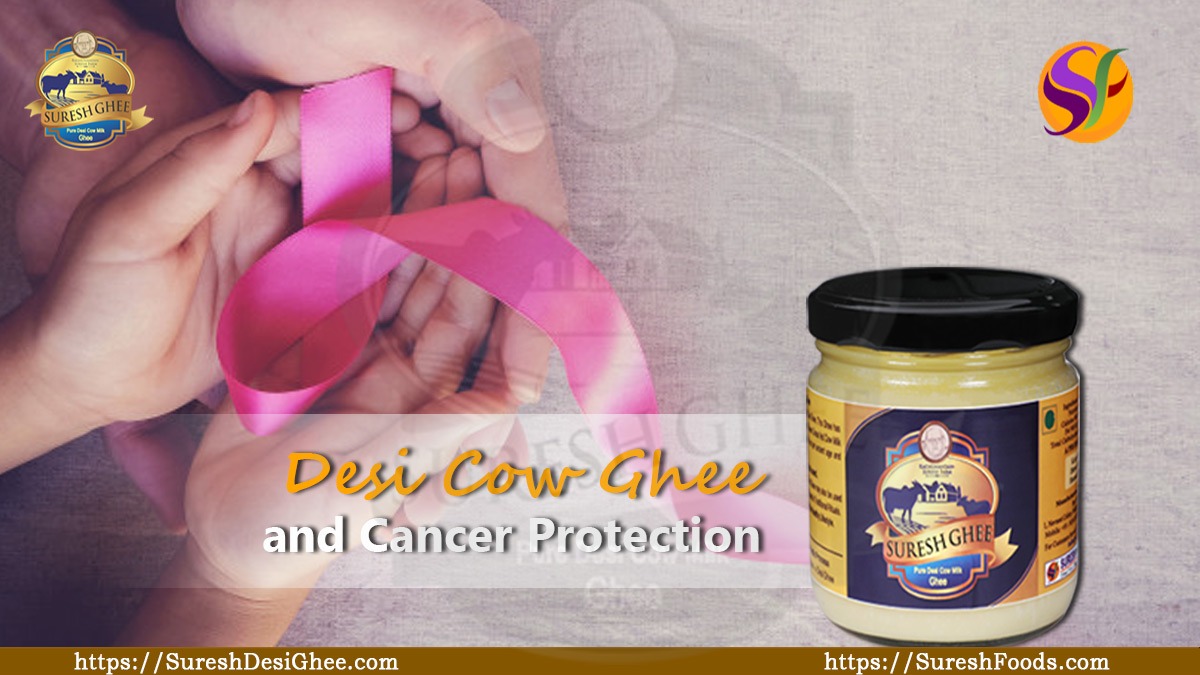
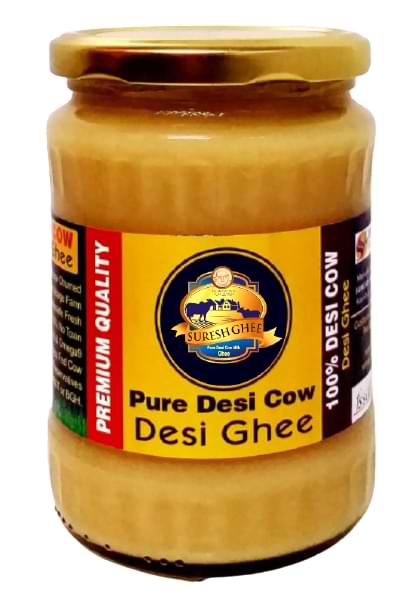
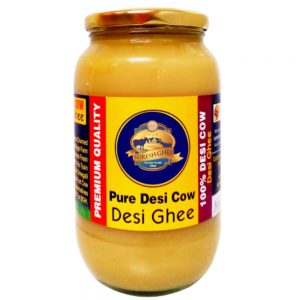
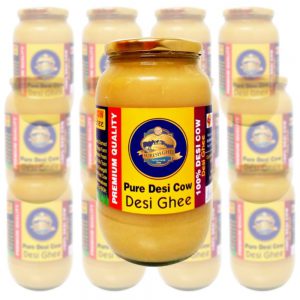
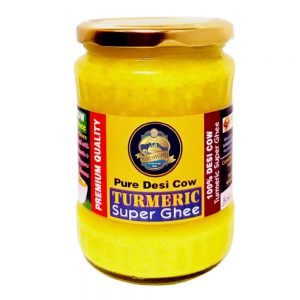
 WhatsApp us
WhatsApp us 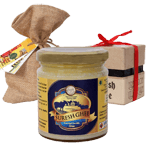
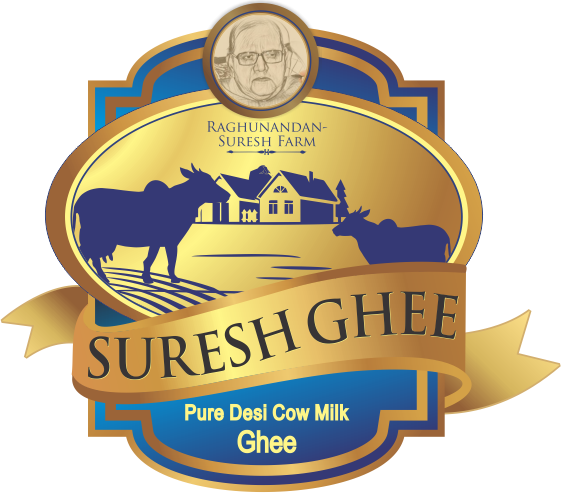
Naveen m...